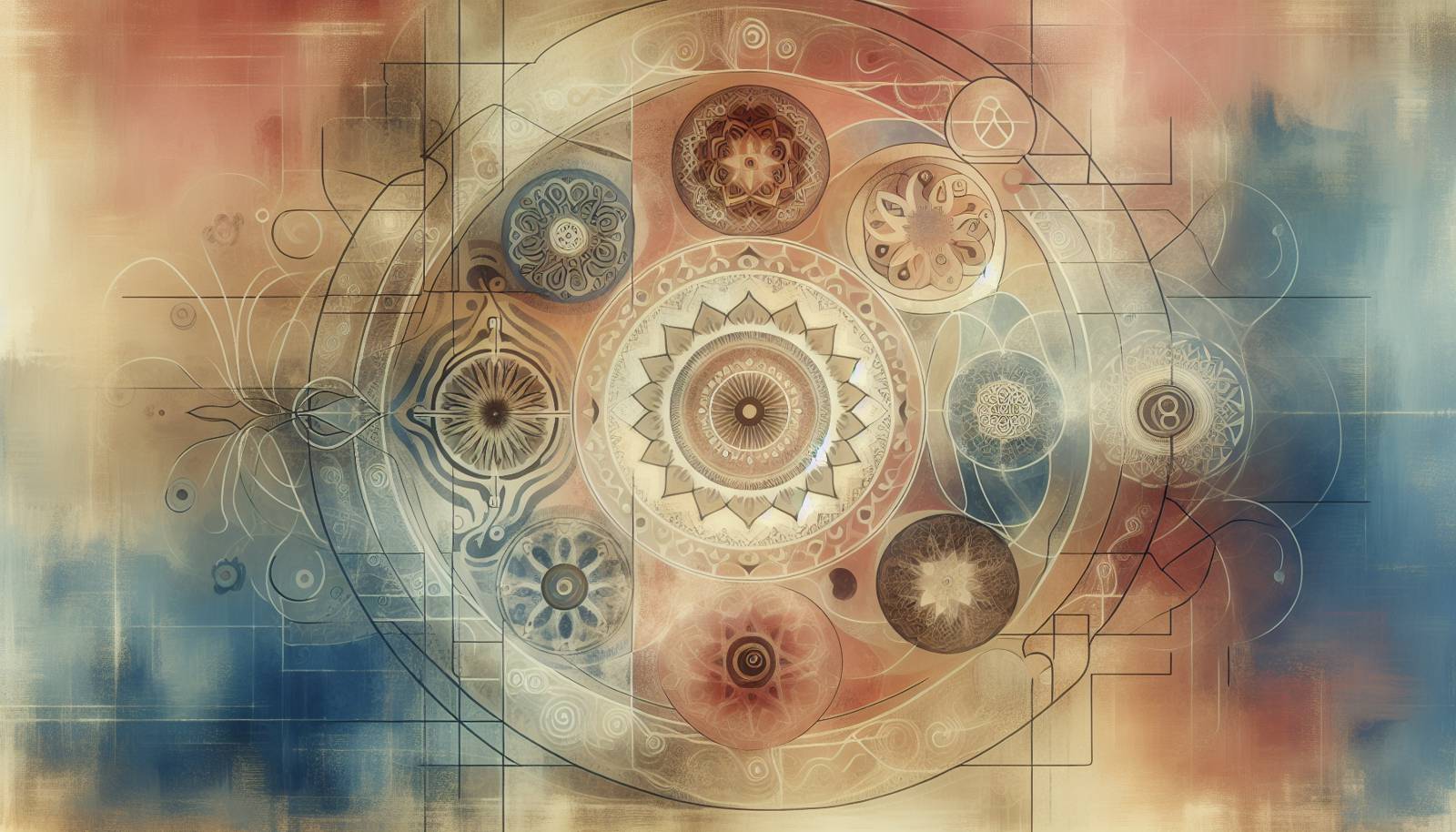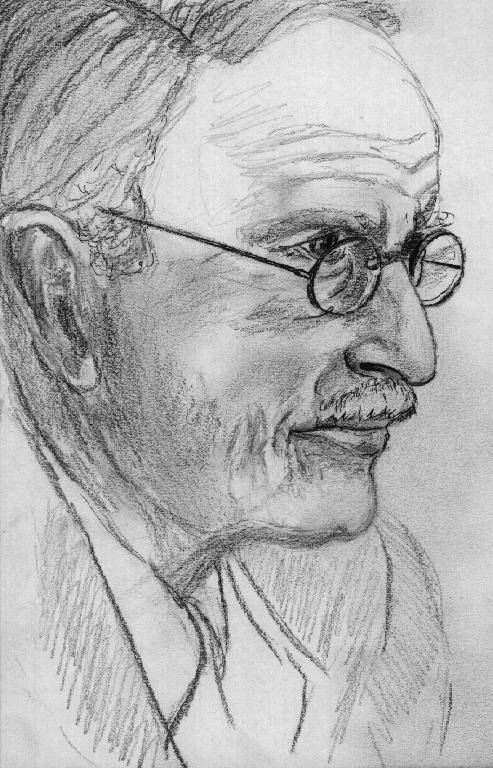
FAQ About Carl Gustav Jung

Who was Carl Gustav Jung?
Carl Gustav Jung was a Swiss psychiatrist and psychoanalyst who founded analytical psychology. He is well-known for introducing concepts such as the collective unconscious, archetypes, and psychological types. His work has had a profound influence on psychiatry, psychology, and the study of religion, literature, and related fields.

What is analytical psychology?
Analytical psychology is a branch of psychology founded by Carl Gustav Jung. Unlike Freudian psychoanalysis, it places a strong emphasis on the exploration of the psyche through concepts like the collective unconscious and archetypes. It aims to understand the human psyche's depths and how these affect personal development and behavior.

What are Jungian archetypes?
Jungian archetypes are universal, primal symbols and images that derive from the collective unconscious, as proposed by Carl Jung. These archetypes manifest as characters or motifs present across various cultures, such as the Hero, the Mother, and the Shadow, representing essential human motifs of our experience.

What is the collective unconscious according to Carl Jung?
The collective unconscious is a term coined by Carl Jung to refer to structures of the unconscious mind shared among beings of the same species. Unlike personal unconscious, which is unique to each individual, the collective unconscious houses shared memories and ideas, such as archetypes, inherited from human ancestry.

How did Jung's views differ from Freud's?
While both Carl Jung and Sigmund Freud explored the unconscious mind, Jung diverged by emphasizing the collective unconscious and archetypes, whereas Freud focused on sexual and aggressive instincts. Jung also saw religious experiences as crucial to psychological health, contrasting with Freud's view of religion as an illusion.

What is Jung's theory of psychological types?
Carl Jung's theory of psychological types proposes that people can be categorized based on their preferred cognitive functions, such as thinking, feeling, sensing, and intuition. This theory laid the groundwork for modern personality assessments like the Myers-Briggs Type Indicator (MBTI).

What is individuation in Jungian psychology?
Individuation is a central concept in Jungian psychology, referring to the process by which a person integrates the conscious and unconscious parts of their mind to achieve a unique sense of individuality and personal wholeness. It is seen as a crucial journey for personal development and psychological health.

How did Carl Jung's work influence modern psychology?
Carl Jung's work laid the foundation for many concepts in modern psychology, such as personality types, introversion and extraversion, and the importance of personal development. His ideas also influenced the exploration of spirituality, art therapy, and the human relationship with myth and symbolism.

What is the significance of dreams in Jungian analysis?
In Jungian analysis, dreams are seen as a window into the unconscious. They provide insight into unconscious wishes, fears, and connections, allowing individuals to explore their deeper selves. Jung believed dreams could guide personal growth and offer solutions to psychological problems.

What role do symbols play in Jungian psychology?
Symbols are of profound importance in Jungian psychology as they are the medium through which the unconscious communicates. They can manifest in dreams, art, religion, or mythology, serving as bridges between the conscious and unconscious mind and facilitating the individuation process.

What is the anima and animus in Jungian theory?
The anima and animus are part of Jungian archetypes; the anima represents the feminine side of a man's personality, while the animus represents the masculine side of a woman's personality. They are seen as key psychological characteristics that individuals must integrate for personal growth and maturity.

How did Carl Jung define introversion and extraversion?
Carl Jung defined introversion and extraversion as two opposing tendencies of orientation. Introverts are oriented inwards and are often reflective and socially reserved, whereas extraverts are oriented outwards, thriving in social interactions and external activities. These preferences shape an individual's personality.

What is the shadow in Jungian psychology?
The shadow in Jungian psychology refers to the unconscious aspect of the personality that contains repressed weaknesses, desires, and instincts. It represents the parts of ourselves we deny but must confront for personal growth and psychological health, often surfacing in dreams or projections onto others.

What is the significance of Jung's work on alchemy?
Carl Jung studied alchemy extensively, seeing it as a symbolic process paralleling individuation. He believed that alchemy's transformation of base metals into gold represented the psychological process of transforming the 'base' material of the unconscious into conscious awareness and personal enlightenment.

Why did Jung and Freud have a falling out?
The relationship between Carl Jung and Sigmund Freud deteriorated primarily due to differing views on the unconscious and human nature. While Freud emphasized sexuality and the individual's psychic origins, Jung placed greater emphasis on spiritual experiences and cultural context. Their differences eventually led to a professional and personal rift.

What is synchronicity in Jungian theory?
Synchronicity, as proposed by Carl Jung, refers to meaningful coincidences that occur with no causal relationship yet seem to be related. Jung saw this concept as evidence of a deeper connection between the mental and material worlds, suggesting a complex order beyond human understanding.

What are some criticisms of Jungian psychology?
Jungian psychology has faced criticism for its perceived lack of empirical evidence and scientific rigor, with some arguing that concepts like the collective unconscious are too abstract and difficult to prove. Despite this, Jung's theories continue to be influential in psychotherapy, spirituality, and cultural studies.

How did Carl Jung view religion?
Carl Jung viewed religion as an important expression of the human psyche and a necessary practice for psychological well-being. Unlike Freud, who viewed religion as an illusion, Jung saw religious experiences as vital for the integration of the conscious and unconscious, aiding individuation.

What books did Carl Jung write?
Carl Jung authored many influential works including "The Archetypes and the Collective Unconscious," "Man and His Symbols," and "Memories, Dreams, Reflections." These works explore key concepts of analytical psychology, including the role of symbols, personal transformation, and his own personal insights.

What is Jung's impact on literature and the arts?
Carl Jung's ideas have profoundly influenced literature and the arts, offering a rich framework for understanding characters and narratives through archetypes and symbolic representation. Writers, artists, and filmmakers have drawn on his concepts to enrich their storytelling and explore the depths of the human psyche.
